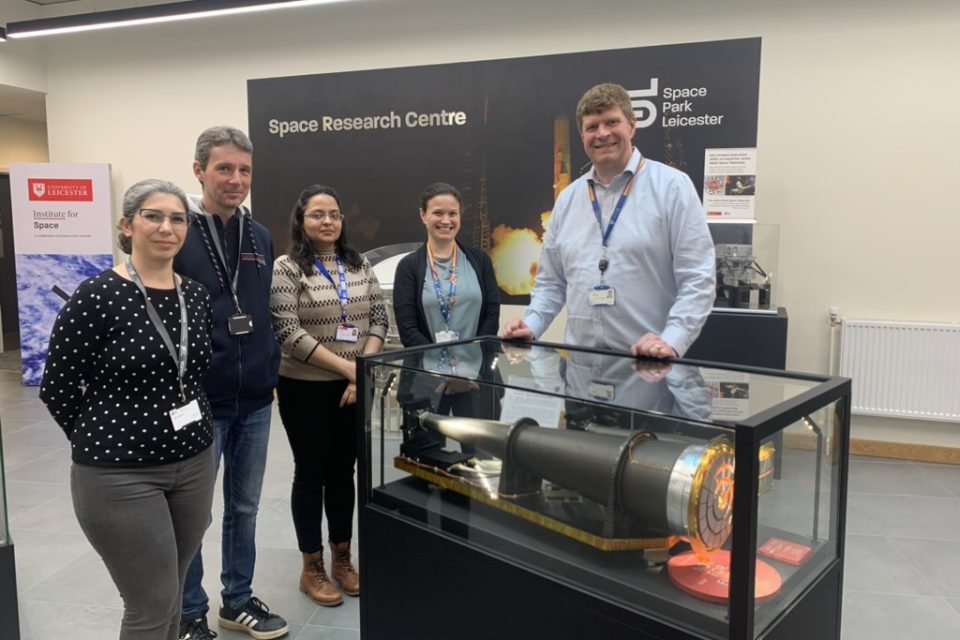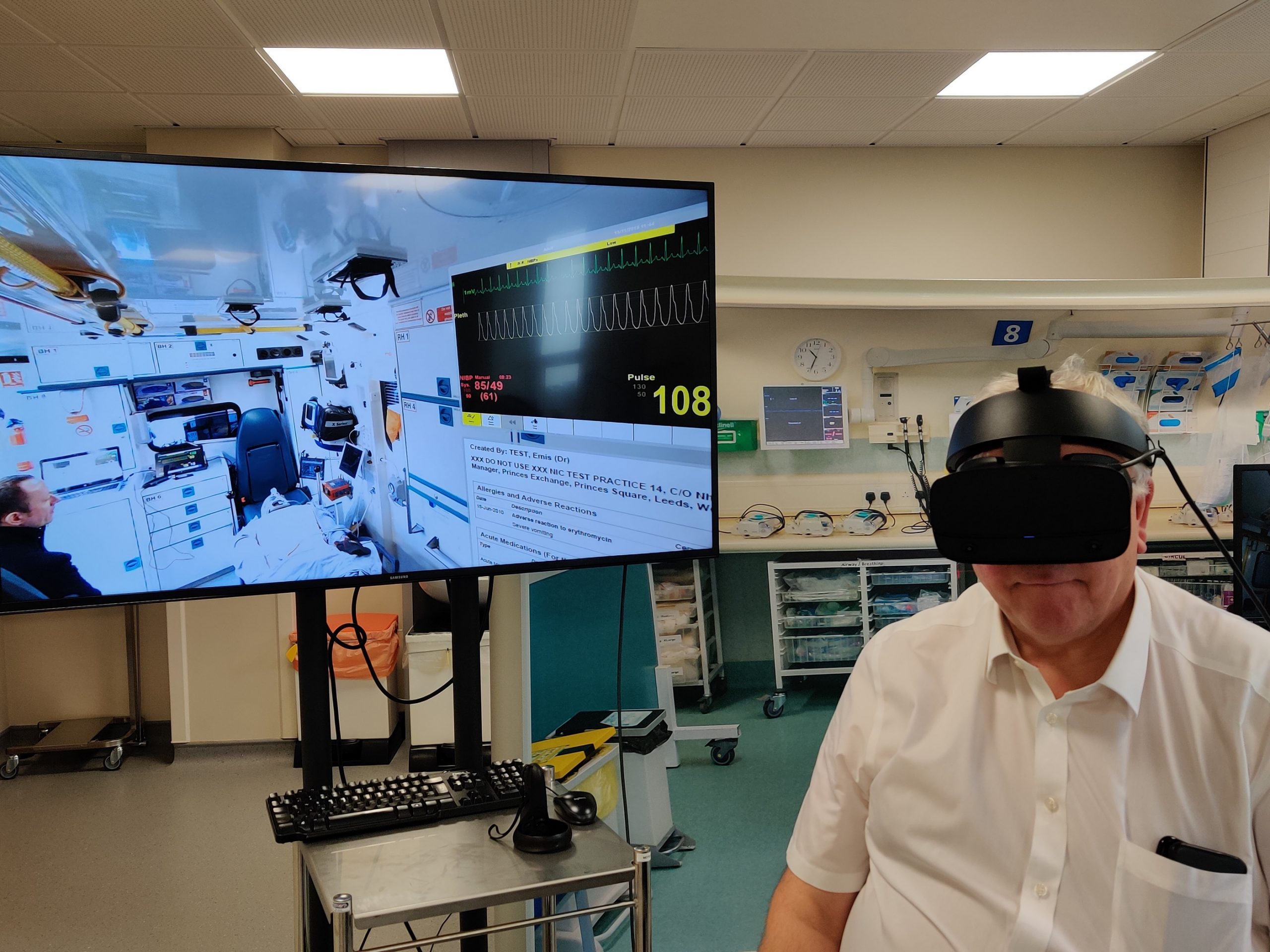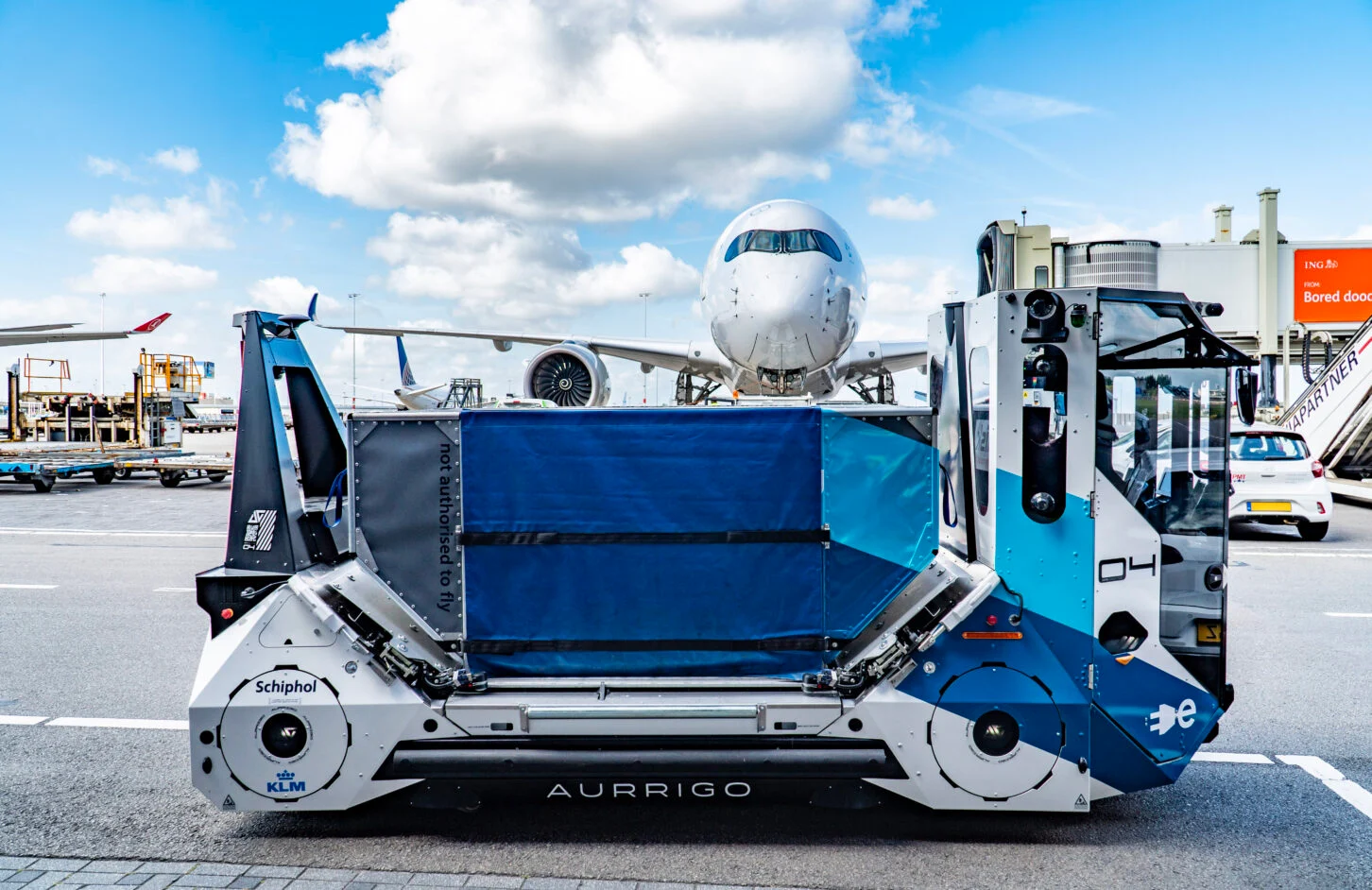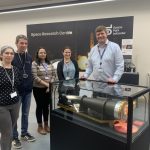Exosens invests £1 million to boost space research for the METEOR programme with Space Park Leicester

Exosens, through its brand Photonis, has invested £1 million to support space research and innovation in collaboration with Space Park Leicester. The investment aims to enhance facilities for the METEOR space programme, which focuses on Earth observation and space technology challenges.
Photonis has been working with the University of Leicester’s academics for over 25 years. Recently, the company has strengthened its relationship with Space Park Leicester, a key hub for science and innovation, by supporting technology development used in prominent space missions.
This investment has contributed to creating a Centre of Excellence in Optics Design and Manufacturing at Space Park Leicester. The METEOR programme now engages more than 100 researchers and industry personnel.
Dr Adrian Martindale, Head of Space Projects at Space Park Leicester, said, “Photonis’ technology is the enabler for certain types of scientific instruments and as a result its technology is on lots of space missions and is all over the Solar System. Exosens is supporting us to help develop the quality of the product and the performance of the technology, to push us into the next generation of projects. We have aspirations in space and they have aspirations for a market on the ground and by working together we hope to take both of these things forward.”
Chris Tisse, Chief Technology Officer at Exosens, added, “We are proud to support cutting-edge space research at Space Park Leicester. This significant investment reflects our commitment to advancing the technology that powers groundbreaking space missions and innovation. By working together with the brilliant minds at the University of Leicester, we aim to push the boundaries of what’s possible in both space exploration and Earth-based applications.”
The partnership has already led to the development of new X-ray optics, and the collaboration is involved in several significant missions, including the European Space Agency’s BepiColombo mission to Mercury.
Image source: Leicester Space Park




